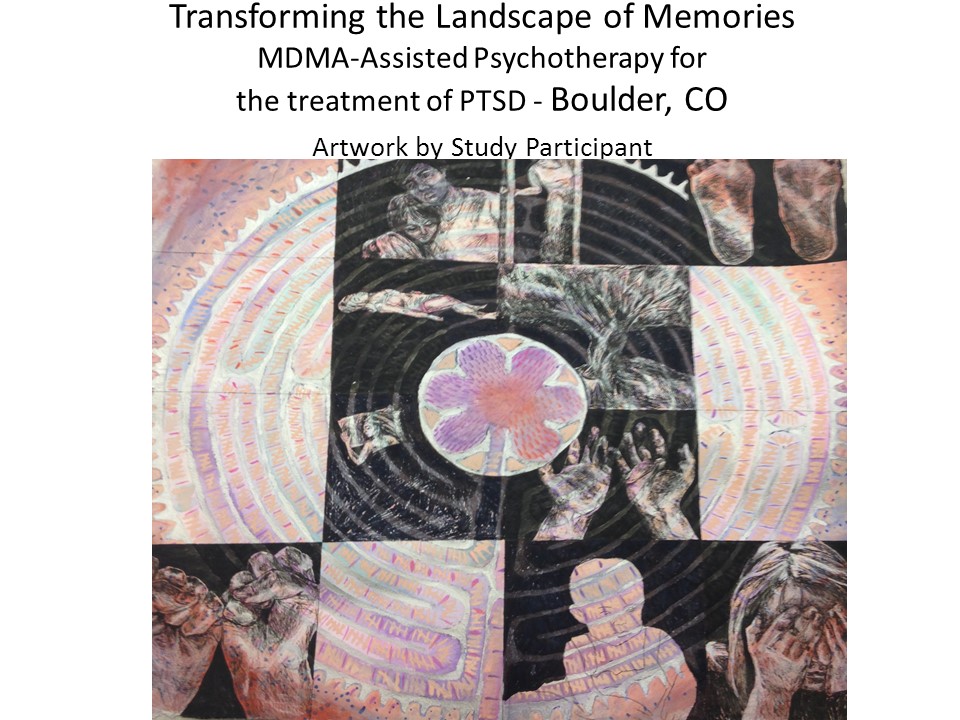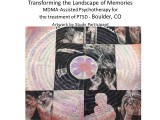
Biofuels Tradeoffs (start time: 8:27): In this week’s show David DeGennaro, an agriculture policy specialist with the National Wildlife Federation and author of a report called “Fueling Destruction,” talks with host Susan Moran about the environmental consequences of biofuels, and about possible solutions. The Environmental Protection Agency has proposed maintaining record support for biofuels, namely corn. Last week the EPA ended an open public comment period leading up to a decision to maintain, increase or scale back its current support of biofuels as part of the Renewable Fuels Standard, a federal mandate to blend corn-based ethanol and other renewable fuels into conventional gasoline. NWF and some other environmental organizations, along with former California Congressman Henry Waxman, have been urging the EPA and Congress to reduce biofuels mandates. Increased demand for corn has led to the conversion of millions of acres of habitat-rich grasslands and into croplands — all without significantly reducing greenhouse gas emissions.
Hosts: Susan Moran, Joel Parker
Producer: Susan Moran
Engineer: Joel Parker
Executive Producer: Alejandro Soto
Additional contributions: Alejandro Soto
Listen to the show here:
Podcast: Play in new window | Download (Duration: 26:03 — 23.8MB)
Subscribe: RSS





 Today’s show offers the following feature:
Today’s show offers the following feature: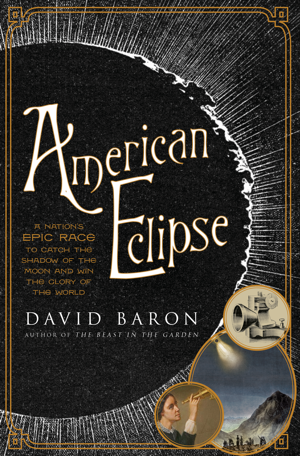
 This August 21st, some parts of the Earth will be plunged into darkness in the middle of the day. It will be a solar eclipse; the moon’s shadow will cross the United States from Oregon to South Carolina, with the path closest to Colorado passing through Wyoming and Nebraska.
This August 21st, some parts of the Earth will be plunged into darkness in the middle of the day. It will be a solar eclipse; the moon’s shadow will cross the United States from Oregon to South Carolina, with the path closest to Colorado passing through Wyoming and Nebraska.
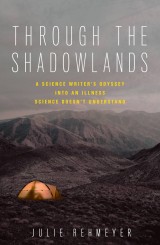 We offer two feature interviews on today’s show.
We offer two feature interviews on today’s show.
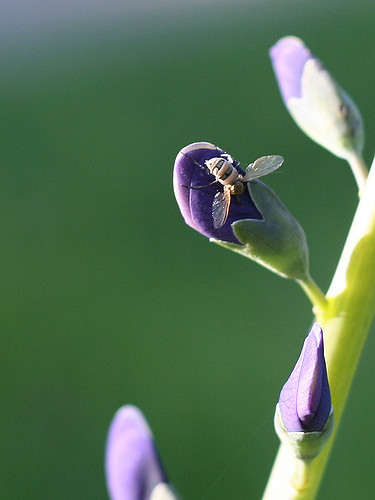

 Testing Drinking Water (start time: 14:00): Two years ago Flint, Mich., turned the issue of lead in
Testing Drinking Water (start time: 14:00): Two years ago Flint, Mich., turned the issue of lead in 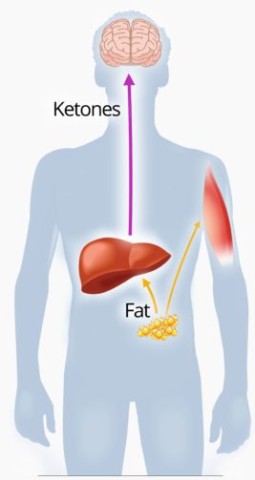
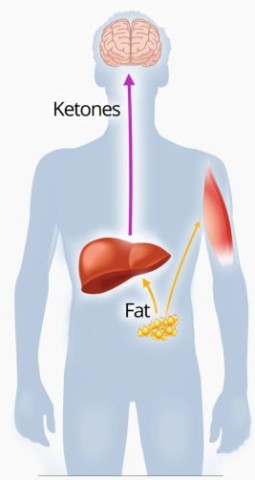 In their upcoming book,
In their upcoming book, 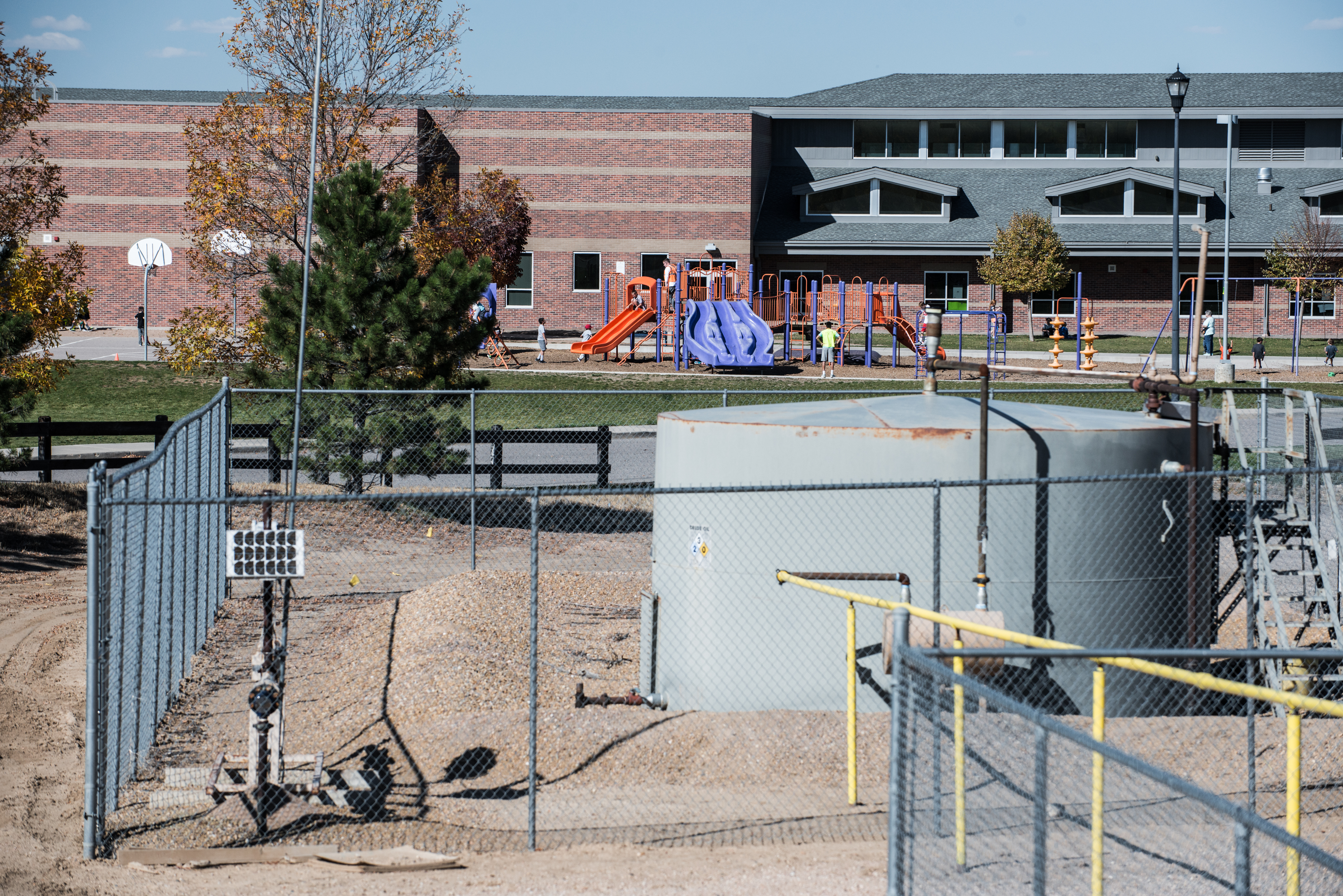
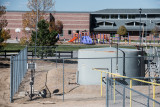
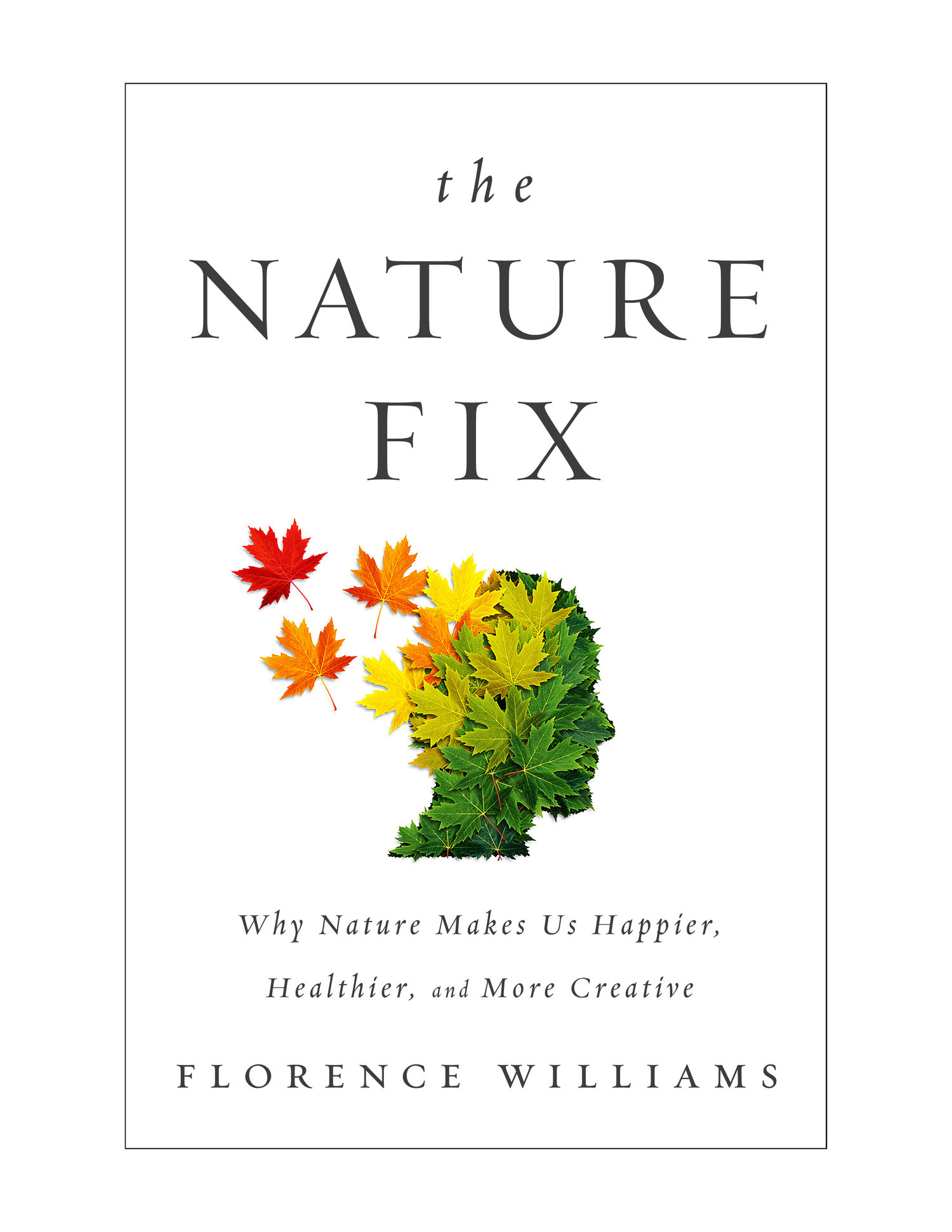
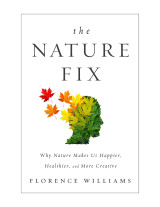 Your Brain on Nature (start time: 5:49): You may think it’s a no-brainer: that nature is good for your mental and physical health. After all, a walk in the woods or even an urban park brightens your outlook on life, at least for a little while. Turns out, the notion that being outside in nature boosts our mood, and even our creativity, has historical roots at least as deep as
Your Brain on Nature (start time: 5:49): You may think it’s a no-brainer: that nature is good for your mental and physical health. After all, a walk in the woods or even an urban park brightens your outlook on life, at least for a little while. Turns out, the notion that being outside in nature boosts our mood, and even our creativity, has historical roots at least as deep as 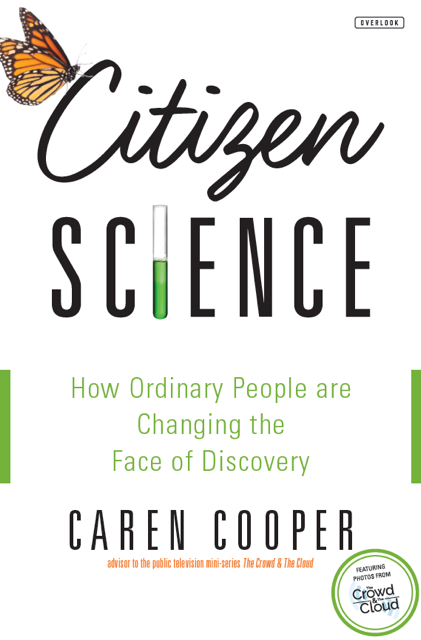
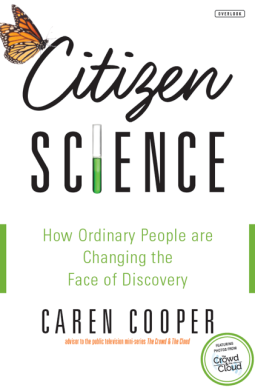 Citizen Science (start time: 5:32): For those who would love to track birds and other creatures or to test drinking water quality in their community, for instance, but think it would require a degree in science to contribute to important scientific discoveries, our guest today aims to set the record straight.
Citizen Science (start time: 5:32): For those who would love to track birds and other creatures or to test drinking water quality in their community, for instance, but think it would require a degree in science to contribute to important scientific discoveries, our guest today aims to set the record straight. 